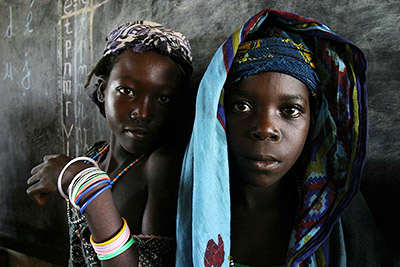
President Trump reinstates ‘Global Gag Rule’
On 23 January 2017, family planning services worldwide received a blow when President Trump reinstated and expanded, the ‘Global Gag Rule’. The policy stipulates that no US overseas aid money will be given to any organisation providing abortions or information about abortion. The move was widely condemned by family planning organisations.
The Global Gag Rule – also known as Mexico City Policy – was introduced by Ronald Reagan in 1984 to stop the US government from giving aid money to foreign family planning NGOs providing abortion services. Democratic and Republican administrations have since alternately rescinded and reinstated the policy.
Under the Obama administration, USAID was the largest donor for family planning internationally, providing over $600 million annually. The rule affects organisations even if only a tiny proportion of their work is concerned with abortion.
President Trump has expanded the scope of the Global Gag Rule beyond family planning to all US global health funding. That decision now threatens funding for multiple programmes, including those dealing with HIV or child and maternal health which may provide counselling about abortion. A total of $9.5 billion in USAID money may be affected.
Marjorie Newman-Williams, MSI’s Director of International Operations stated that: “Attempts to stop abortion through restrictive laws – or by withholding family planning aid – will never work because they do not eliminate women’s need for abortion. This policy only exacerbates the already significant challenge of ensuring that people in the developing world who want to time and space their children can obtain the contraception they need to do so.”
The Dutch government has pledged to set up an international fund that governments, businesses, and social organisations will be able to support to finance access to birth control, abortion and education for women in developing countries.
Population Matters campaigns for sexual and reproductive rights of women and equality; both are necessary for the smaller families required for a sustainable future.
